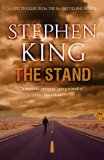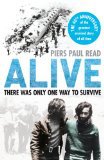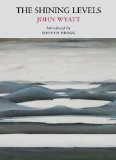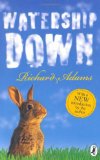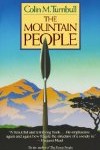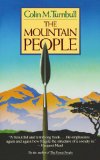Five words from the blurb: plague, death, dreams, Apocalypse, grows
I had never read any Stephen King (I was too scared), but then Sandy persuaded me that I’d be OK with this one, despite the apocalyptic premise. She was right, but I’m afraid I read this about 15 years too late. I think I’d have loved The Stand if I’d read it in my early twenties, whilst going through a Crichton binge, but my reading tastes have changed since then and I found it lacked the depth I crave today.
The Stand started really well, with a wonderfully tense scene involving a man escaping from a secret government facility after an accident released a deadly strain of the flu virus. Unfortunately this man carried the virus with him and it spread quickly, wiping out almost everyone in America.
I loved the first 60 pages of this book, but after that it began to get repetitive. Too many characters were introduced and I didn’t enjoy reading about every one of them dying. There was a frustrating inevitability to it all so after about 400 pages I began skimming through the chapters. The same problem was repeated with the nightmares and so I decided to give up and read the wikipedia summary!
There were many great passages and the writing quality was higher than I expected it to be.
Glen was both amazed and heartened by their willingness to talk, and by the charged atmosphere of excitement that had taken over the dull blankness with which they had begun the meeting. A large catharsis, long overdue, was going on, and he was also reminded of sex talk, but in a different way. They talk like people, he thought, who have kept the huddled up secrets of there guilts and inadequacies to themselves for a long time, only to discover that these things,when verbalized, were only life sized after all. When the inner terror sowed in sleep was finally harvested in this marathon public discussion, the terror became more manageable…perhaps even conquerable.
There was a wonderful 400 page book trapped in this 1700 page epic and I think I’d have loved The Stand if it had focused on just two or three people. The drama was spread too thinly for me as it took several hundred pages to get to the next interesting plot point. As a younger person I’d have had the patience to enjoy this flabby, meandering plot, but I’m afraid that I’ve read too many books that have dealt with the subject in a more powerful way – not many books can stand up to comparison to Blindness by José Saramago!
It’s a shame that my first King read wasn’t more positive, but I’m glad I’ve now experienced his writing.
DNF
Do you think I’ll have better luck with any of his other books or are they all similar in style?
